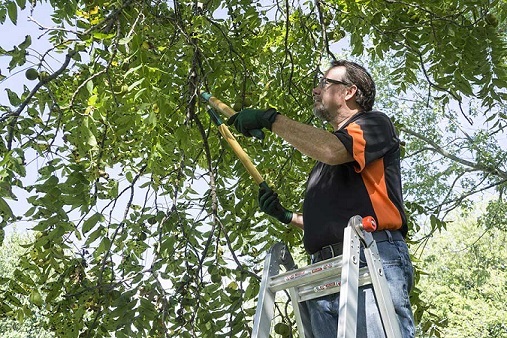
A common cause of damage to a home is a tree-related occurrence. Trees add many benefits to the home. They can offer shade and enhance the beauty of the structure.
However, trees can also be an impending risk factor for homeowners. You do not have to get rid of your trees. Rather, you should work to keep them in good condition and away from your home. Doing so helps reduce the risk of home insurance claims related to tree accidents.
What Are Tree-Related Risks?
The size and structure of a tree makes it a high-risk point for homeowners. Trees themselves can blow over in a storm. Branches can scrape along the edge of the home’s roof. This can create openings that allow water to enter into the structure. Over time, this causes damage and mold. Tree limbs can break off and strike the house, another piece of property, or even another person. This can create a liability risk for the homeowner.
At times, home insurance will cover these types of risks. In other cases, policies will not. Therefore, take preventive action to keep damage to a minimum.
How to Prevent Tree Incidents
It is wise to have a professional tree service out to your home on an annual basis. This professional will look at the trees on your property. He or she will make recommendations for the tree. Here are some key things to look for in your own trees.
- Limbs that do not grow leaves are likely dead or damaged. Remove these to prevent them from breaking off in a storm.
- Look for disease on the tree trunk and limbs. This could include discoloration or missing bark. This could indicate the tree is at risk of falling over.
- Trees that seem to have sawdust next to them may have a termite infestation. Termites eat away at the inner portion of the tree. This makes it weaker. It also makes it more prone to falling.
- Have a professional trim back the branches. They should not touch the sides of the home, the roof, or the gutters.
- Be sure to look for other structures on your property that could suffer tree damage. This includes garages and sheds.
Keep your home insurance updated. It should include protection for unexpected and accidental tree damage. However, it often does not provide coverage for dead or damaged trees that strike your home. Insurers will likely assume that you should have taken preventive action to prevent the damage. Be sure to speak to your home insurance agent about your coverage. Find out about exclusions and limitations, too.
- Best Insurance Services, Inc. can help answer questions about a multitude of insurance questions. Call (979) 297-2655 or visit our website www.bestinsurancetx.com